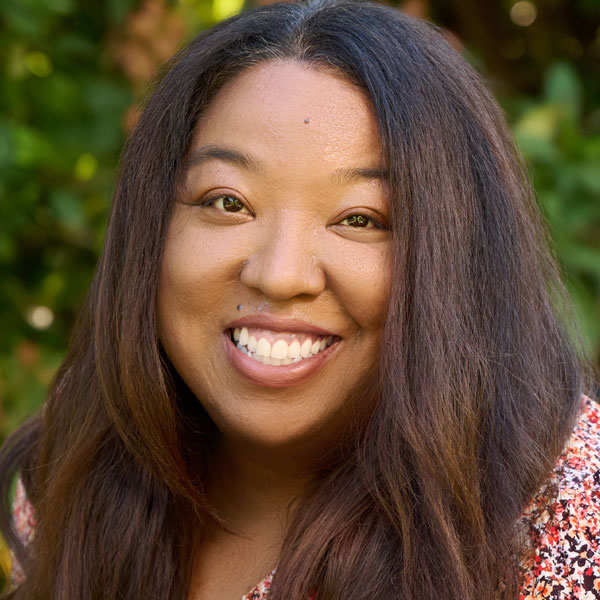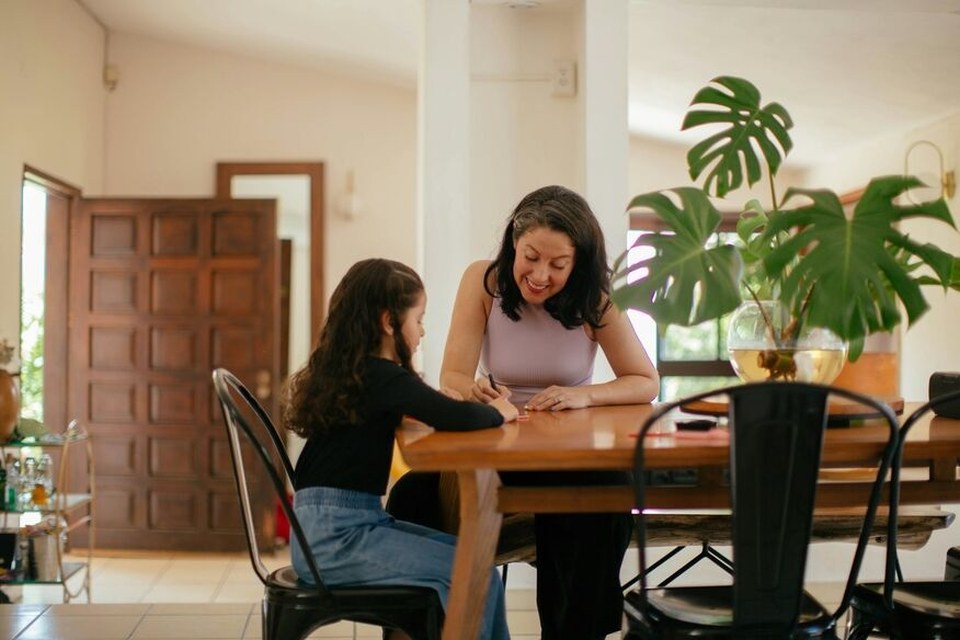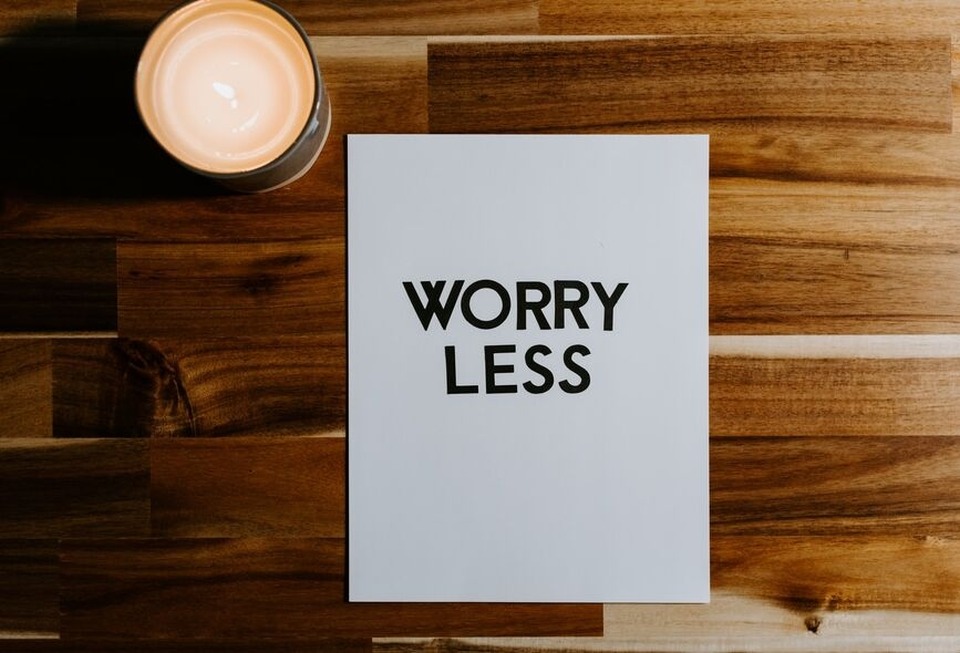-
 Jane Zerabruk : Author
Jane Zerabruk : AuthorAs your counselor, I will share professional and personal therapeutic strategies that will help you live a more balanced, connected, and joy-filled life in Christ. I offer counseling for children, teens, adult individuals, and families. Whether you’re dealing with anxiety, depression, grief and loss, relationship issues, concerns related to aging, or other challenges, it would be my pleasure to support you as you walk the path toward growth and healing. With God’s help through Christian counseling, it is possible to experience restoration.
-
 Kate Motaung : Curator
Kate Motaung : CuratorKate Motaung is the Senior Writer, Editor, and Content Manager for a multi-state company. She is the author of several books including Letters to Grief, 101 Prayers for Comfort in Difficult Times, and A Place to Land: A Story of Longing and Belonging. Kate is also the host of Five Minute Friday, an online writing community that equips and encourages Christian writers, and the owner of Refine Services, a company that offers editing services. She and her South African husband have three young adult children and currently live in West Michigan. Find Kate’s books at katemotaung.com/books.
Many hopeful young parents dream of the bright future they can build for their child through homeschooling. It’s easy to picture the idyllic scene of your children learning math facts around the kitchen table. You may dream of reading books together in a cozy chair and the joy of watching your child discover new things. But sometimes that dream gets derailed when you throw ADHD (Attention Deficit/Hyperactivity Disorder) into the mix. While it might feel like a wild ride
Emotional abandonment can be a difficult issue to resolve. Emotional abandonment comes from many different sources. People who feel abandoned due to childhood trauma or a lack of emotional availability from parents or loved ones can experience trauma from a specific event in their life. Whatever the case may be, the person experiencing this needs to resolve it so they can participate in healthy relationships in the future. This is especially true for spouses. It can be difficult to live
Life presents us with many situations in which future outcomes matter but are unknown, or where it’s likely that things won’t go your way. Where uncertainty reigns, or in situations where you or your loved ones might be at risk in one way or another, it can make us worried and anxious. Anxiety isn’t a bad thing; in fact, anxiety can be a good thing. However, anxiety can become an obstacle to your well-being and sense of flourishing. Anxiety
Most of us deal with anxiety on some level during our lives. In the past, anxiety helped with the fight-or-flight response to keep our ancestors safe during perilous times. It is ingrained in us. Fast forward to today, and we face anxious thoughts and situations instead of dangerous life-and-death circumstances. Still, our minds work the same way, flooding our bloodstream with cortisol and adrenaline and revving up anxiety. The symptoms of anxiety can be scary and interfere with daily
In the modern world, processing and understanding trauma can be daunting. Anxiety and trauma are often linked inextricably, and healing both can take time and support. What is trauma? What is anxiety? Trauma is, at its most basic level, a psychological response to distressing events. Trauma is linked to emotional disturbances, physical symptoms, and psychological manifestations. Trauma is an individualistic response and can play out differently for each of us. Anxiety is a persistent feeling of worry, fear, or unease
In this article, we’ll consider the different categories of trauma. After all, not all “hurt” is created equal. Most of the hurt of living in this world is temporary, passing without any lasting impact. We don’t remember every stubbed toe, every harsh word spoken to us, and the like. We do tend to remember those times of hurt that rise to the level when some actual damage occurs, an injury from which it takes a bit longer to recover and
Sometimes it’s easy to be critical of ourselves. This criticism can often spill over into our spiritual and mental health, as well. We might compare ourselves to our role models or become fixated on certain habitual sins. At times, we may get so obsessed with our imperfections that we start to lose sight of the amazing gift of salvation that Jesus Christ has given us through His death on the cross. My prayer is that through this article, you will
“Because separation is a clearcut and undeniable event, its effects on the child and the parent-child relationship were easier to document than more subtle influences of parental and familial interaction.” – Inge Bretherton reporting on John Bowlby and Mary Ainsworth’s work with Attachment Theory As the quote above suggests, to experience abandonment implies a separation, specifically in the parent-child relationship, that is clear-cut and undeniable. To be abandoned leaves a specific kind of mark on the soul which points
Attention deficit disorder hyperactivity (ADHD) is a disorder that affects the person’s brain, affecting their ability to concentrate and keep focused for long periods. This lack of focus can intrude on every area of a person’s life and is not only difficult for children but also for adults. Because it’s not as widely known in adults as it is in children, there can be a stigma attached to adults who believe they have the disorder but have not been officially
You would do anything for your children. Walk over hot coals? Check. Drive an hour one way to a ball game? Check. Stay by their side through the flu? Check. However, the symptoms of depression in teens can be subtle. Depression is not something that you can take from your child and shoulder the burden, as much as you may want to. Instead, it will be helpful if you are aware of the symptoms of depression in teens so
The world we live in is a broken one. That brokenness manifests itself in diverse ways, from relationships mired in conflict, rifts between loved ones, having those you love taken from you by illness or some other calamity, and so on. There is much weeping and sorrow that accompanies our sojourn. Scripture reflects this reality and gives us the language to process our experiences and grieve the various losses we go through. In this article, we’ll consider some encouragement
According to a study of 1000 participants, around 77% of people experience employee burnout at their current workplace. Employee burnout is common and causes many physical, mental, and emotional problems. How can you tell if you are in burnout, and what can you do? Employee Burnout Symptoms Employee burnout can happen to anyone. You may enjoy your job, but due to employee shortages, new contracts, tighter deadlines, or management changes, the stress is unbearable. Combine workplace burnout with other













